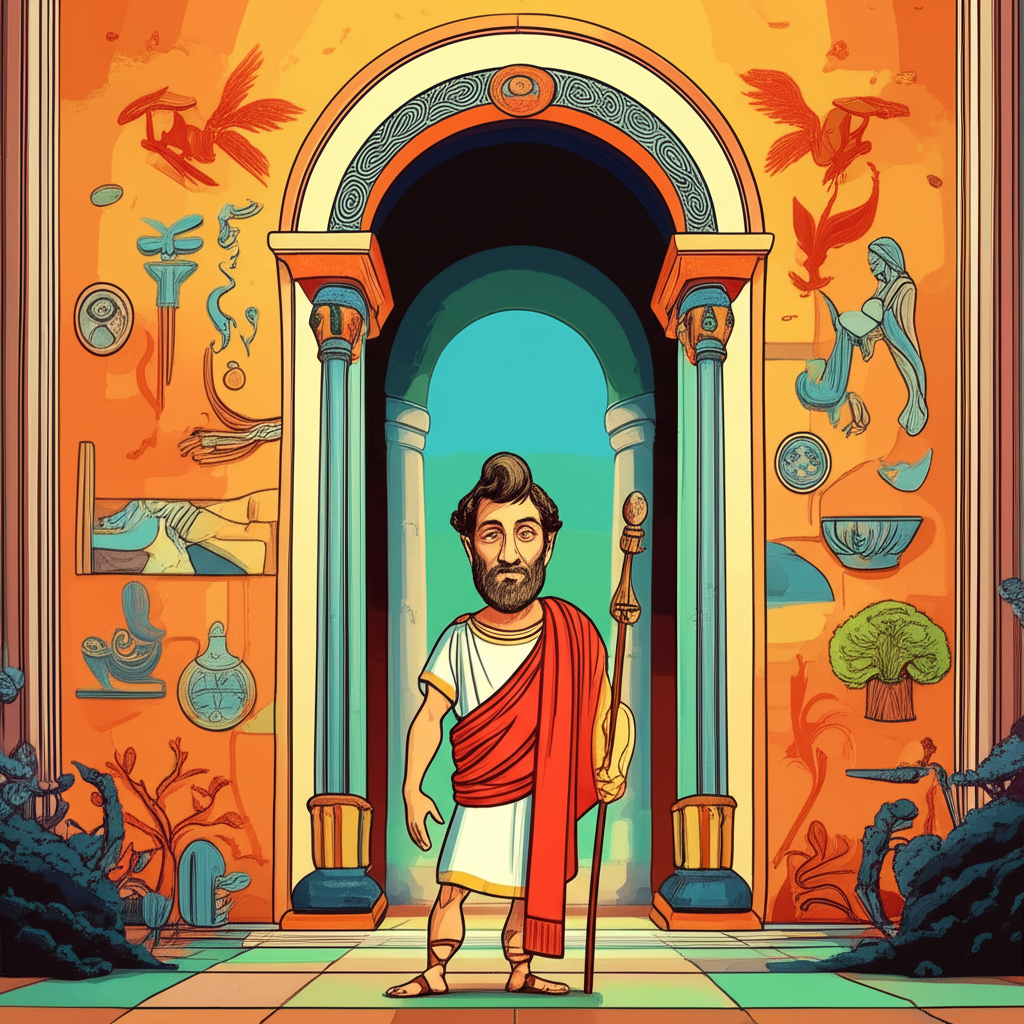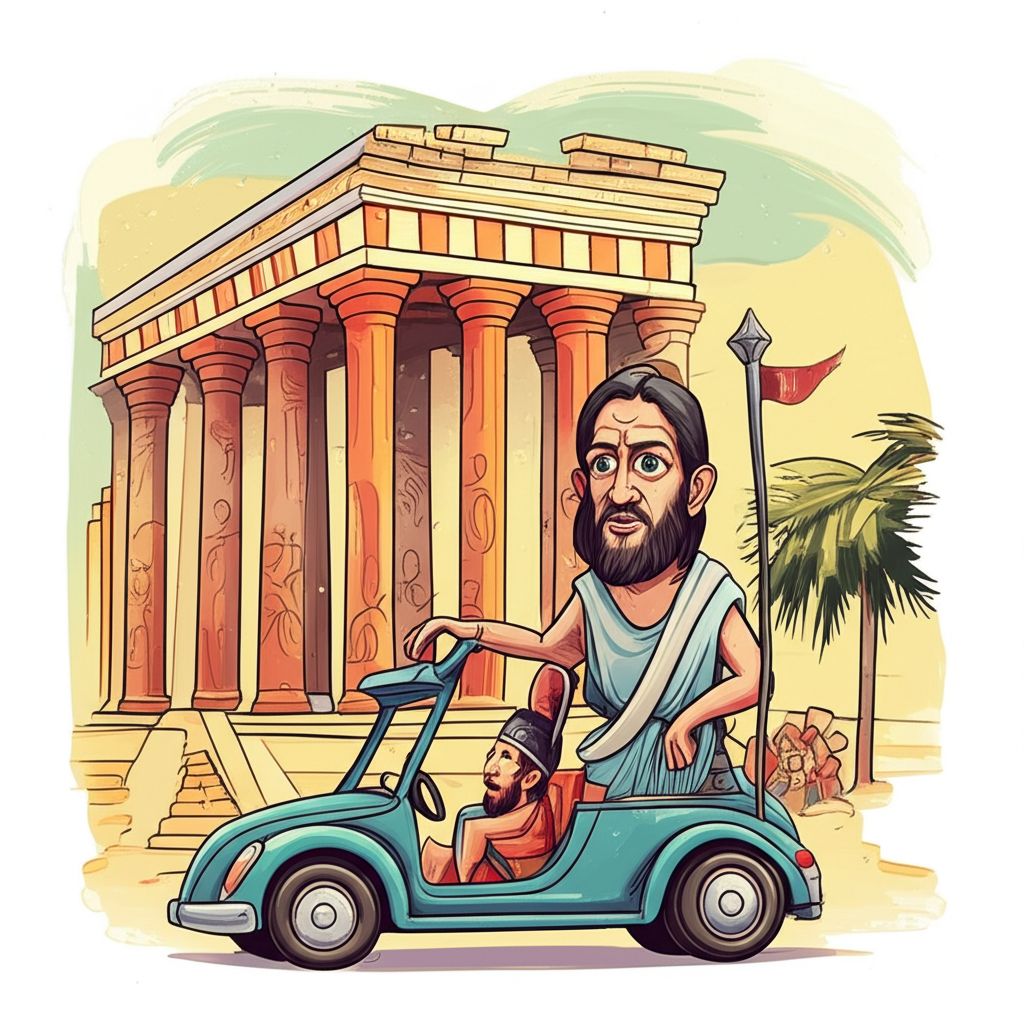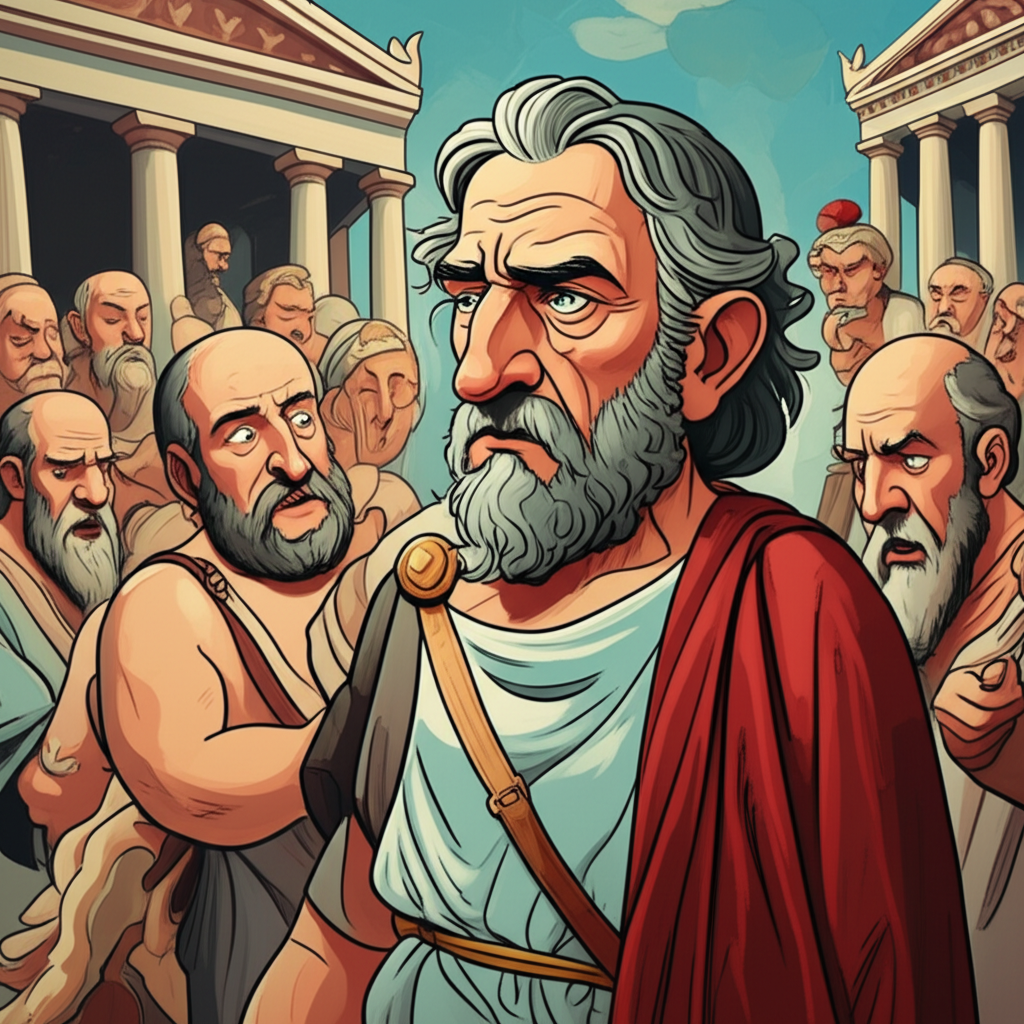
Introduction:
The tale of Oedipus, a king doomed by prophecy to commit unspeakable acts, is a cornerstone of Greek mythology. Passed down through generations, this story, along with its intricate web of fate, riddles, and divine intervention, offers a window into the beliefs and anxieties of the ancient Greeks. It is crucial to remember that this is a traditional story, a product of human imagination and cultural expression, and not a claim of literal truth. We approach it as a historical artifact, a lens through which we can explore the values, fears, and storytelling traditions of a bygone era.
Origins and Cultural Background:
The story of Oedipus unfolds within the vibrant tapestry of ancient Greece, a civilization that flourished from roughly the 8th century BC to the 6th century AD. This was a world of city-states, each with its own customs, deities, and heroes. The Greeks, renowned for their intellectual curiosity, excelled in philosophy, art, and literature. Their understanding of the world was heavily influenced by their polytheistic beliefs. They envisioned a pantheon of gods and goddesses residing on Mount Olympus, intervening in human affairs, and often acting with the same passions, flaws, and motivations as mortals.
The Greeks sought to understand their place in the cosmos through mythology. Myths served as a means to explain natural phenomena, explore moral dilemmas, and provide frameworks for social order. They believed in fate, a predetermined course of events that even the gods could not entirely alter. Prophecy was a powerful force, and the words of oracles, believed to be channels of divine knowledge, were taken very seriously. This era was characterized by a deep sense of piety, a strong emphasis on heroism and individual achievement, and a pervasive awareness of the capricious nature of life. The stories of their gods and heroes were not just entertainment; they were the very fabric of their cultural identity.
Character / Creature Description:
Our story revolves around several key figures, each representing a complex interplay of human characteristics and symbolic attributes.
- Oedipus: The central figure, Oedipus, is a tragic hero. He is strong, intelligent, and driven by a relentless pursuit of truth. His name itself, meaning "swollen foot," hints at the misfortune he would endure from birth. He embodies the human struggle against fate, the inherent limitations of knowledge, and the consequences of unintended actions.
- The Sphinx: The Sphinx is a monstrous creature with the body of a lion, the wings of a bird, and the face of a woman. It is not merely a physical being; it is a symbol of riddle, mystery, and the challenges of understanding. The Sphinx’s riddle, often interpreted as an allegory for the stages of human life, represents the difficult questions that confront individuals and the choices they must make. It guards the gates of Thebes, testing those who wish to enter the city and imposing a terrible cost for failure.
- Apollo: Though not a direct character in the narrative of Oedipus and the Sphinx, Apollo, the Greek god of prophecy, is a significant presence. His oracles at Delphi are the source of the prophecies that set the tragic events in motion. Apollo represents order, reason, and the power of divine knowledge. The oracle at Delphi becomes a focal point of the narrative and a powerful symbol of the search for truth and the inevitability of fate.
Main Story / Narrative Retelling:
The narrative begins with a prophecy delivered to Laius, the King of Thebes: he would be killed by his own son. To avert this fate, Laius and his wife, Jocasta, ordered a shepherd to abandon their newborn son on a mountainside. The infant, whose feet were pierced and bound (hence his name, Oedipus), was rescued by a shepherd and taken to the court of Corinth, where he was raised as a prince.
As a young man, Oedipus, plagued by doubts about his parentage, sought answers at the Oracle of Delphi. The oracle revealed a chilling prophecy: Oedipus was destined to kill his father and marry his mother. Horrified, he fled Corinth, determined to avoid his fate.
On his journey, Oedipus encountered a quarrelsome old man at a crossroads. A conflict erupted, and in a moment of anger, Oedipus killed the man and his entourage. Unbeknownst to him, he had just killed Laius, the King of Thebes.
Arriving in Thebes, Oedipus found the city terrorized by the Sphinx. The Sphinx posed a deadly riddle to all who sought to enter, devouring those who failed to answer correctly. Oedipus, renowned for his intellect, accepted the challenge. He answered the riddle, which concerned the stages of human life, correctly. The Sphinx, defeated, destroyed herself, and Oedipus was hailed as a hero.
As a reward for saving the city, Oedipus was granted the throne of Thebes and the hand of the widowed queen, Jocasta. Unbeknownst to Oedipus, Jocasta was his mother. They were married and had children.
Years passed, and Thebes was struck by a plague. Seeking to end the suffering, Oedipus resolved to find the cause of the affliction. He sent for the blind prophet Tiresias, who, after much hesitation, revealed the devastating truth: Oedipus was the killer of Laius and the husband of his own mother.
The truth shattered Oedipus. Jocasta, horrified by the revelation, took her own life. Oedipus, in a moment of profound grief and self-punishment, blinded himself and chose exile. He wandered the land, a broken man, bearing the weight of his tragic destiny.
Symbolism and Meaning:
The story of Oedipus is rich with symbolic meaning. It explores themes that resonate across cultures and throughout history.
- Fate vs. Free Will: The narrative is a profound meditation on the power of fate and the extent of human agency. Oedipus’s efforts to avoid his destiny only serve to bring it about, highlighting the Greeks’ belief in the inexorable nature of fate.
- Truth and Knowledge: The relentless pursuit of truth, a hallmark of the Greek spirit, is central to the story. Oedipus, driven by his desire to know, uncovers a devastating truth that destroys his life. This underscores the potential dangers of knowledge and the complexities of human existence.
- The Burden of Leadership: Oedipus, initially hailed as a savior, is ultimately destroyed by the consequences of his actions. This can be seen as a commentary on the responsibilities and burdens of leadership, the challenges of making difficult choices, and the potential for even the most well-intentioned leaders to bring about unintended harm.
- Morality and Responsibility: The story raises questions about moral responsibility. While Oedipus is unaware of his actions, he still bears the consequences of his deeds. This prompts reflection on the nature of guilt, innocence, and the complexities of moral judgment.
Modern Perspective:
The story of Oedipus continues to captivate audiences today. It has been adapted into countless plays, novels, films, and video games. Sophocles’ play Oedipus Rex remains a classic of Western literature, studied and performed worldwide. The story’s themes of fate, free will, and the search for truth continue to resonate with modern audiences. Sigmund Freud, the founder of psychoanalysis, famously used the Oedipus myth to explore the dynamics of the human psyche, coining the term "Oedipus complex" to describe a child’s unconscious desires for their parent of the opposite sex and feelings of rivalry towards the same-sex parent. The enduring appeal of the myth lies in its exploration of fundamental human experiences and the enduring power of storytelling to illuminate the human condition.
Conclusion:
The tale of Oedipus and the Labyrinth of Delphi, a product of ancient Greek imagination, offers a glimpse into the cultural and historical landscape of a bygone era. It is a story of tragedy, of human fallibility, and the relentless pursuit of truth. We, as Muslims, recognize that this narrative, while rich in cultural heritage, is a product of human storytelling and is not to be interpreted as divine or literal. We believe that only Allah is the true Creator and Sustainer, the One who holds ultimate knowledge and power. As we reflect on this ancient myth, we can appreciate the power of storytelling to shape human understanding, to explore the complexities of life, and to connect us to the shared cultural heritage of humanity. The story reminds us of the power of imagination and the importance of learning from the narratives that have shaped our world.




